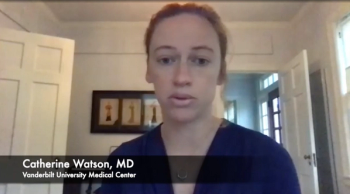
At SGO 2022, Catherine Watson, MD, spoke about the 2 arms of a randomized education trial presented at the conference.

Your AI-Trained Oncology Knowledge Connection!


At SGO 2022, Catherine Watson, MD, spoke about the 2 arms of a randomized education trial presented at the conference.
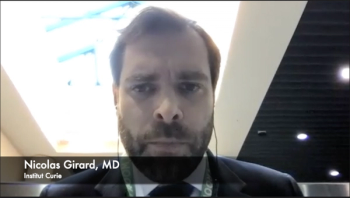
In an interview with CancerNetwork®, Nicolas Girard, MD, discussed the rationale for assessing nivolumab and chemotherapy in resectable non–small cell lung cancer and the design of the phase 3 CheckMate 816 trial.

Patients with TP53-mutant acute myeloid leukemia experienced poor overall survival following treatment with hematopoietic stem cell transplantation, suggesting a need for more careful patient selection, further clinical trial enrollment, and personalized treatment strategies.
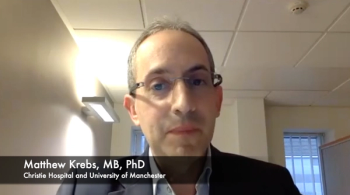
Matthew Krebs, MB, PhD spoke about efficacy of subcutaneous amivantamab observed in the phase 1 PALOMA trial for patients with solid tumors.
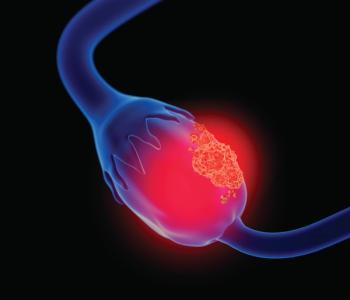
Patients with platinum-resistant ovarian cancer may benefit from treatment with ofranergene obadenovec, which received fast track designation from the FDA.

Response to idecabtagene vicleucel for patients with pretreated multiple myeloma did not appear to be influenced by baseline body mass index.

JSP191 plus fludarabine and low-dose total body radiation to target CD117 was a safe strategy to induce facilitation of full donor myeloid chimerism and clear minimal residual disease in older patients with myelodysplastic syndrome and acute myeloid leukemia receiving non-myeloablative allogenic hematopoietic cell transplantation.
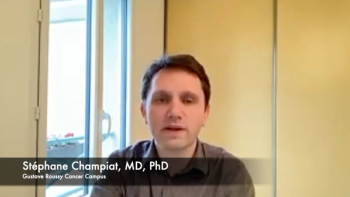
Stéphane Champiat, MD, PhD, spoke about the reasoning behind using the IL-2/IL-15 superagonist SOT101 and where the research is heading for patients with solid tumors.
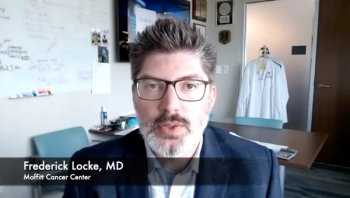
Frederick Lock, MD, spoke about clinicians can best utilize the treatment of axicabtagene ciloleucel for patients with large B-cell lymphoma.
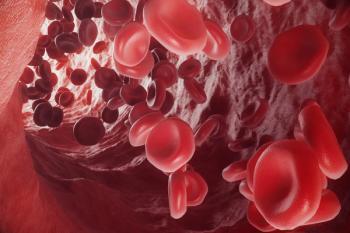
Investigators observed low enrollment of Black patients on CAR T-cell therapy clinical trials that supported FDA decisions in hematologic malignancies, especially in multiple myeloma.

Investigators reported positive topline findings from the phase 3 RATIONALE 306 trial, assessing the first-line combination of tislelizumab and chemotherapy in previously untreated unresectable, locally advanced, recurrent, or metastatic esophageal squamous cell carcinoma.

By analyzing CT scans with artificial intelligence, the development of pancreatic ductal adenocarcinoma may be predicted years before actual diagnosis.
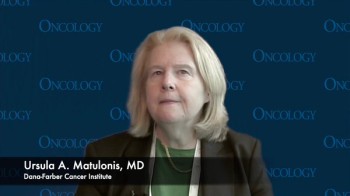
Ursula A. Matulonis, MD, speaks to potential future uses of mirvetuximab soravtansine in ovarian cancer.

David M. O’Malley, MD, spoke about the approval of pembrolizumab for patients with advanced endometrial carcinoma that is microsatellite instability-high or mismatch repair deficient.

Patients with unresectable or metastatic gastric or gastroesophageal junction cancer that is relapsed/refractory following other approved therapies may benefit from treatment with single-agent CMG901, which was granted fast track designation by the FDA.

Patients with chronic graft-vs-host disease who were administered full series of the SARS-CoV-2 vaccine displayed varied immune responses, regardless of baseline characteristics.

Patients with hematologic cancer experienced a low incidence of chronic graft-versus-host disease after receiving a regimen consisting of myeloablative hematopoietic cell transplantation and total body irradiation plus prophylactic post-transplant cyclophosphamide, tacrolimus, and mycophenolate mofetil.

Investigators highlight key findings from an early cost analysis of phase 1/2 trials examining Burton tyrosine kinase inhibitors in patients with relapsed/refractory mantle cell lymphoma.
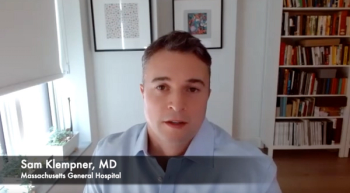
Sam Klempner, MD, spoke about clinical management and ctDNA for gastrointestinal cancers.

Transplants from a matched sibling donor were superior to haploidentical stem cell transplant in terms of 2-year survival in patients with relapsed/refractory acute lymphoblastic leukemia.

In the phase 1b EQUATE trial, patients with acute graft-versus-host disease had decreased levels of cell-surface CD6 when treated with itolizumab.

High rates of hematopoietic cell transplantation were observed in patients with relapsed/refractory acute myeloid leukemia who received 131-iodine conditioning in the phase 3 SIERRA trial.

Muhammad Rafay Khan Niazi, MD, and Alexander Bershadskiy, MD, spoke with CancerNetwork® about the latest research from the journal ONCOLOGY® on the use of PARP inhibitors as maintenance therapy for certain patients with metastatic castration-resistant prostate cancer.

Anetumab ravtansine yielded a manageable safety profile in patients with relapsed mesothelin-positive malignant pleural mesothelioma in the second-line setting, but it did not appear to be superior to vinorelbine.
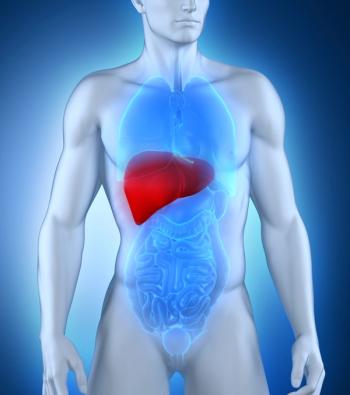
Tremelimumab’s biologics license application was accepted by the FDA and was given priority review, further supporting the use of a single priming dose of anti-CTLA4 plus durvalumab in unresectable hepatocellular carcinoma.

Serious graft-versus-host disease may be prevented with the prolonged use of ruxolitinib after hematopoietic cell transplantation.

A comparison of axicabtagene ciloleucel and tisagenlecleucel for patients with follicular lymphoma yielded comparable outcomes.

Treatment with several CAR T-cell products resulted in notable responses without an increase in cytokine release syndrome or neurotoxicity in large B-cell lymphoma with central nervous system involvement.

At the 2022 Tandem Meetings, Nina Shah, MD, spoke about key findings from the phase 2 KarMMa trial that used idecabtagene vicleucel in patients with relapsed/refractory multiple myeloma.

Topical ruxolitinib cream resulted in benefit to patients with cutaneous chronic graft-vs-host based on results of a trial that were presented at the 2022 Tandem Meeting.